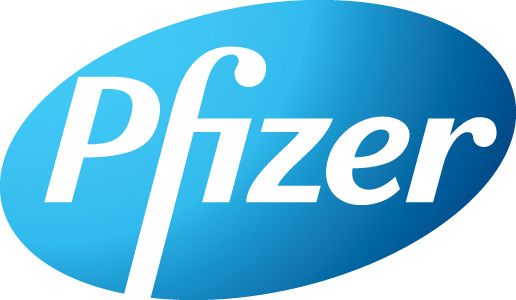Article
Pfizer Seeks to Expand Tofacitinib Approval to Include Psoriatic Arthritis
Author(s):
FDA to consider Xeljanz, the sole JAK inhibitor available in US, for new indication.

In a press release today, pharmaceutical maker Pfizer announced that the United States Food and Drug Administration (FDA) had accepted two supplemental New Drug Applications for tofacitinib citrate (Xeljanz) as a treatment for psoriatic arthritis (PsA). The drug has been approved for the treatment of rheumatoid arthritis (RA) domestically since 2012.
Tofacitinib is a Janus kinase inhibitor, or JAK inhibitor, and such drugs are believed to work for arthritic conditions by interfering with an enzyme receptor associated with inflammation. Pfizer’s new drug applications (NDAs) are for tofacitinib as a twice-daily 5mg pill, and is joined by another NDA for a once-daily extended release 11mg dose (Xeljanz XR).
“As the only JAK inhibitor being investigated in psoriatic arthritis, tofacitinib, if approved, would provide patients and healthcare professionals the first medicine in a new class to treat this disease,” a press release from November of 2016 quoted Michael Corbo, a Chief Development Officer at Pfizer Global Product Development.
That earlier press release announced data from the phase 3 Oral Psoriatic Arthritis Trial (OPAL) studies, which serve as the core evidence in the new FDA application. OPAL produced encouraging results, which were announced at the 2016 Annual Meeting of the American College of Rheumatology.
OPAL had two branches: OPAL Broaden featured patients who had previously had inadequate response to other disease-modifying antirheumatic drugs (DMARDs) but not tumor necrosis factor inhibitors (TNFis), and OPAL Beyond featured patients who had previously shown inadequate response to TNFis. Both included 5mg and 10mg tofacitinib groups along with placebo, and Broaden featured an active control arm taking 40mg adalimumab (AbbVie’s popular Humira).
Both met their primary endpoints, which were improvements in American College of Rheumatology 20 (ACR20) response over placebo at 3 months. Regarding OPAL Broaden, Philip Mease, MD, told MD Magazine in an interview at the ACR meeting that the findings were “exciting,” saying “there was benefit in all of the key clinical domains the primary endpoint, ACR20 response, at 3 months was seen in 50% of the 5mg group and 61% of the 10mg group.” Mease is a Rheumatologist at the Swedish Medical Center of the University of Washington.
“Another important point of the study was that, although the primary endpoint was at 3 months…we saw that even there was climbing response, which greater degrees of response at 12 months,” he said.
Mease said that the findings of the Beyond study were strikingly similar to those of the Broaden trial. In that study 49.6% of patients in the 5mg group and 47.0% in the 10mg group achieved ACR20 response. In both, a third or less of placebo patients achieved similar results.
“This study really shows us that tofacitinib is very effective in treating and the safety was the same, with nothing new, as seen with rheumatoid arthritis: some infections, there was some zoster, and we also saw lab abnormalities…but they were not any different,” he said.
Despite confidence in their efficacy, the safety profile of JAK inhibitors has been a sticking point for their progress. While tofacitinib has been approved for use in RA domestically for half of a decade, it was for years rebuffed by the European Medicines Agency (EMA). The EMA cited questions about potential infections and “a risk of other severe side effects including certain cancers, gastro-intestinal perforations (holes in the wall of the gut), liver damage and problems with increased lipid (fat) levels in the blood.”
Tofacitinib was finally approved by the EMA for RA earlier this year, as was another JAK inhibitor, Eli Lilly and Company’s baricitinib (Olumiant). Surprisingly, however, just two weeks ago the FDA rejected baricitinib, again citing incomplete information about the drug’s safety. That decision was seen as a colossal blow to Lilly, as the JAK inhibitor space is still relatively open and baricitinib was expected to be blockbuster.
The FDA provided a December 2017 action date for the two supplemental NDAs, according to the press release.
Related Coverage:
MD Magazine Interview with Philip Mease, MD
FDA Rejects Lilly's Rheumatoid Arthritis Drug
Impending Baricitinib Decision May Initiate New JAK Era for RA Treatment




